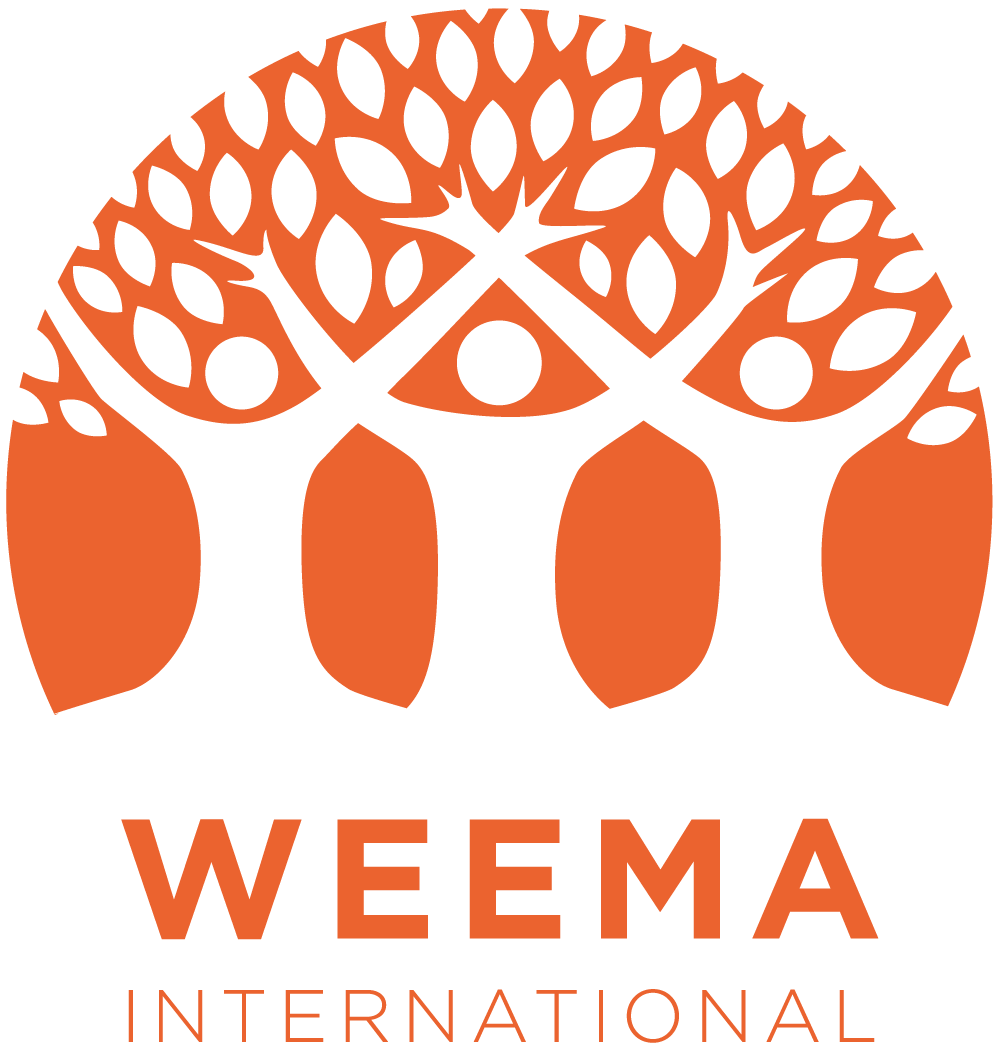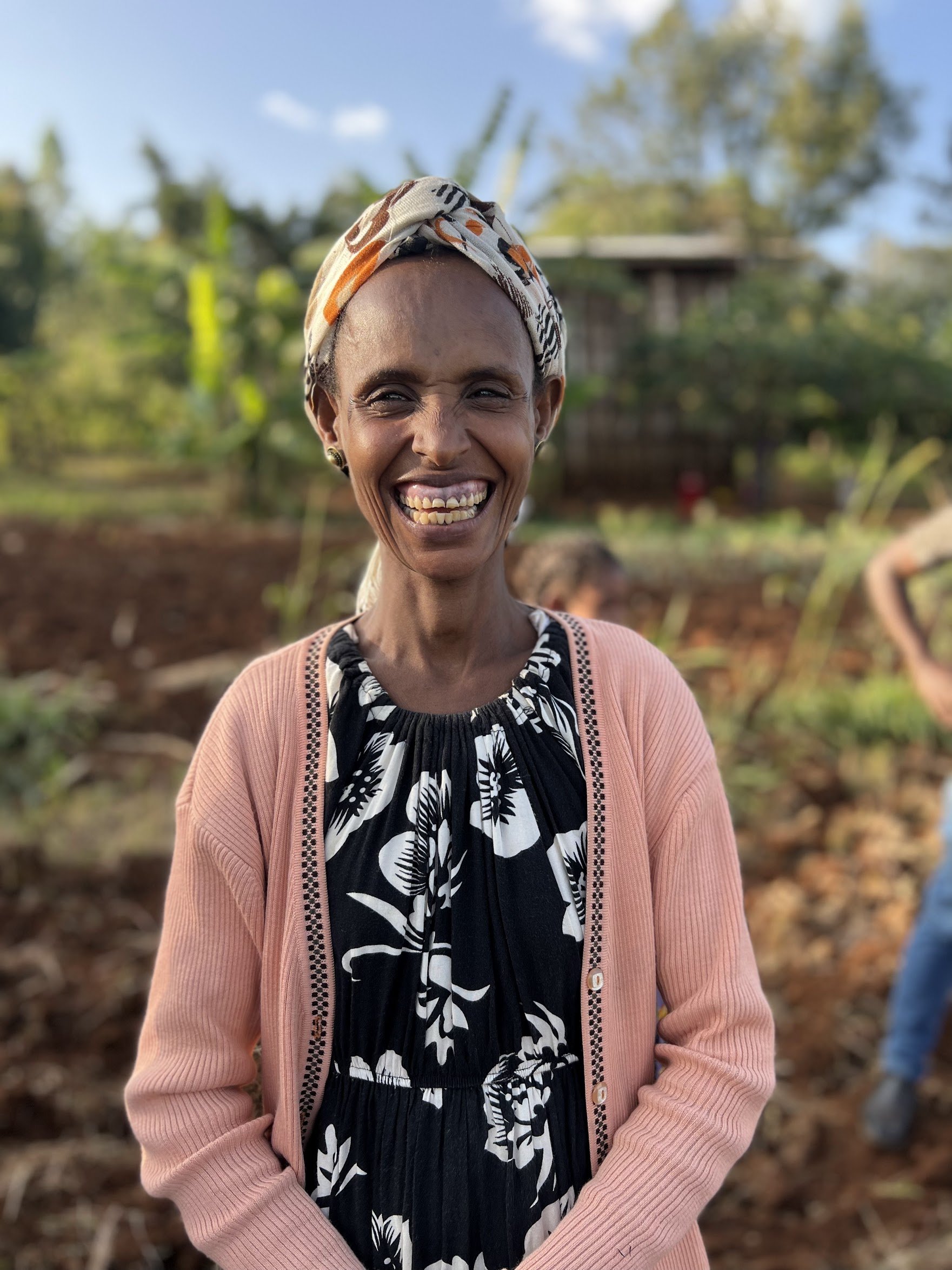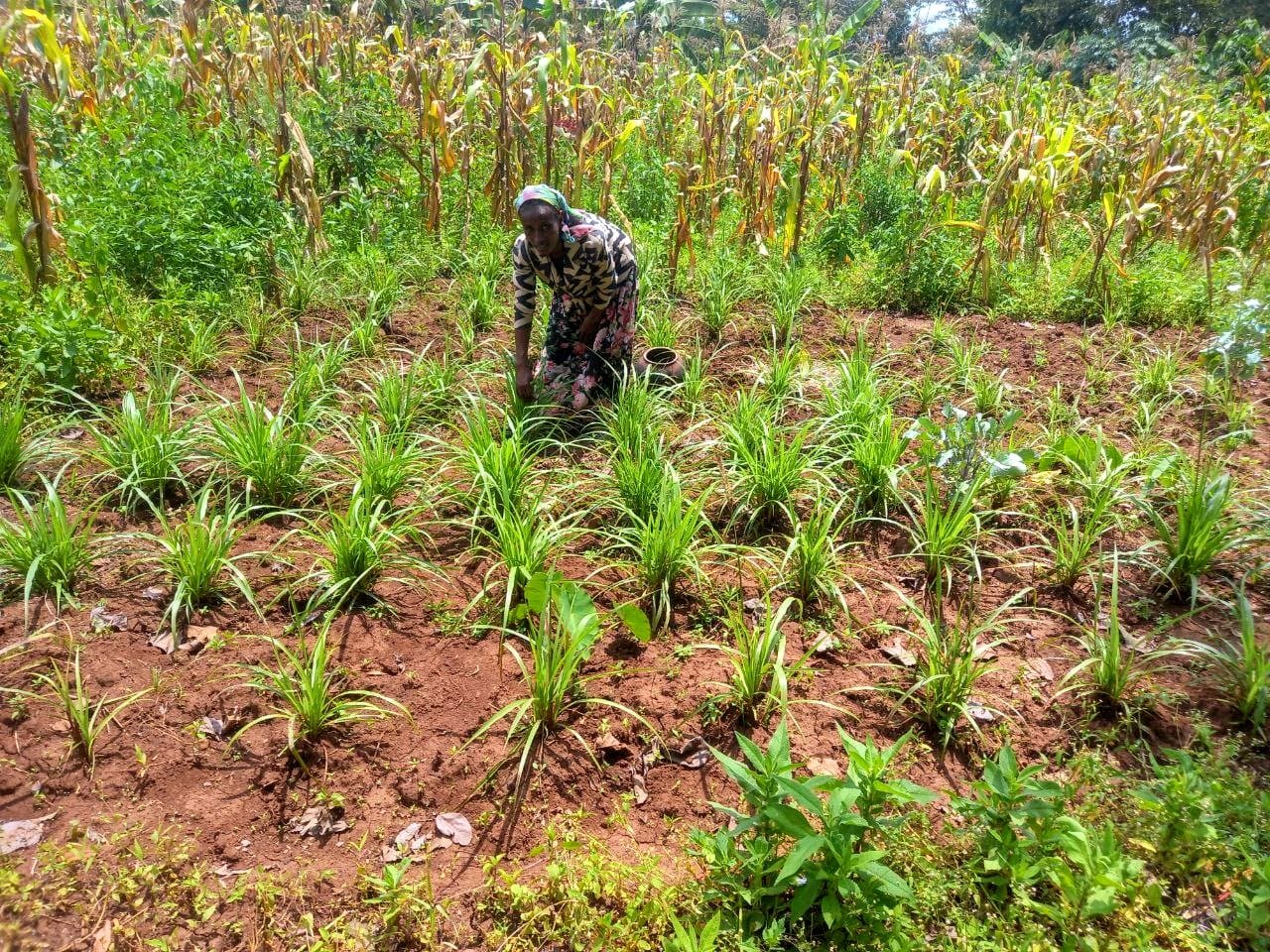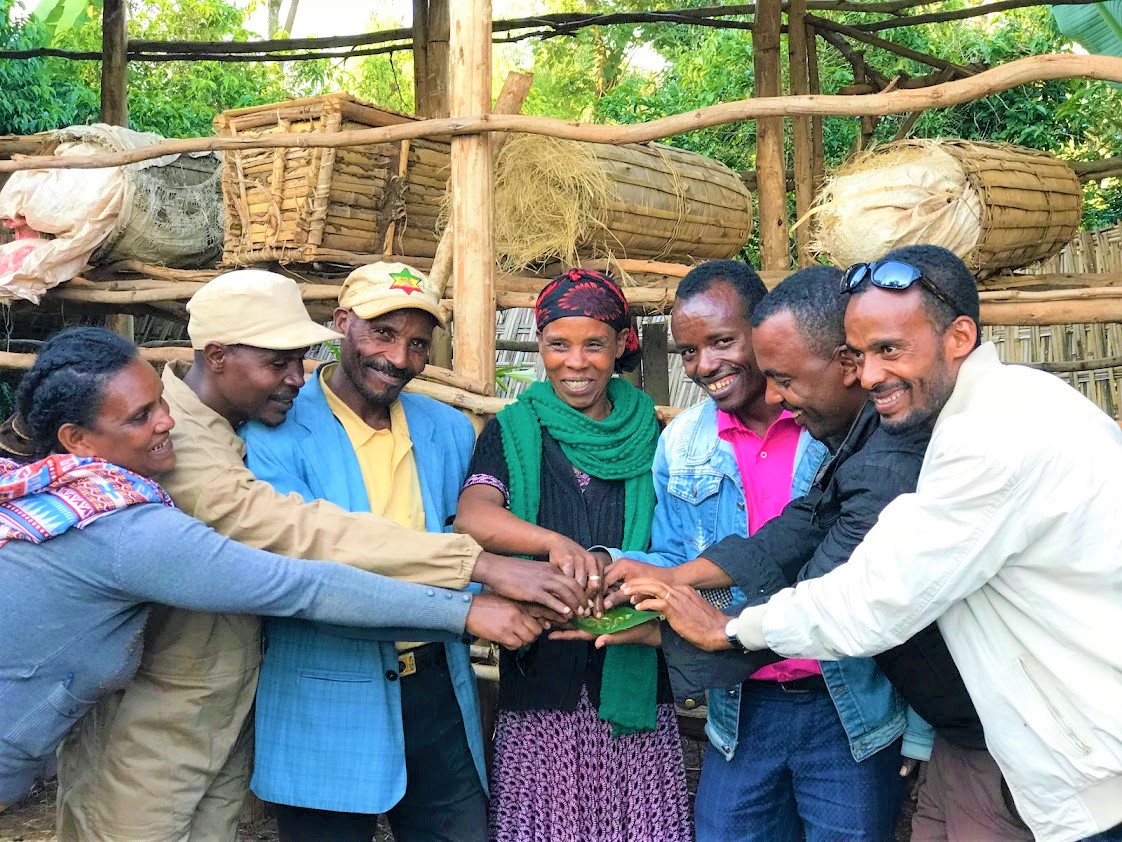
Our Approach
WEEMA partners locally to improve people’s well-being. We work towards five key goals- ensure clean water and sanitation, enhance education, empower women and marginalized people, strengthen health systems, and achieve food security. We also address three essential cross-cutting issues- gender, inclusion and climate.
WEEMA’s 5 programmatic goals: ensure clean water and sanitation, enhance education, empower women and marginalized people, strengthen health systems, and achieve food security. We invest in 18 projects designed to accomplish these 5 goals. Each of these projects were identified as priorities by the communities themselves.
In addition, we incorporate three cross-cutting issues across our work: gender, inclusion, and climate. These cross-cutting issues address equity, demographic shifts, and climate change, issues which are all consistent with our values as well as deeply relevant to the Ethiopian context.
Lastly is the “how” we do this work. WEEMA is grounded in the principles of holistic, community-led development for Ethiopians by Ethiopians. We work hand-in hand with communities at every step- from conceptualizing needs to building sustainable solutions to identifying areas for improvement. Through this process, we believe citizens will become more engaged and hold their local government officials accountable.
Ensure Clean Water and Sanitation
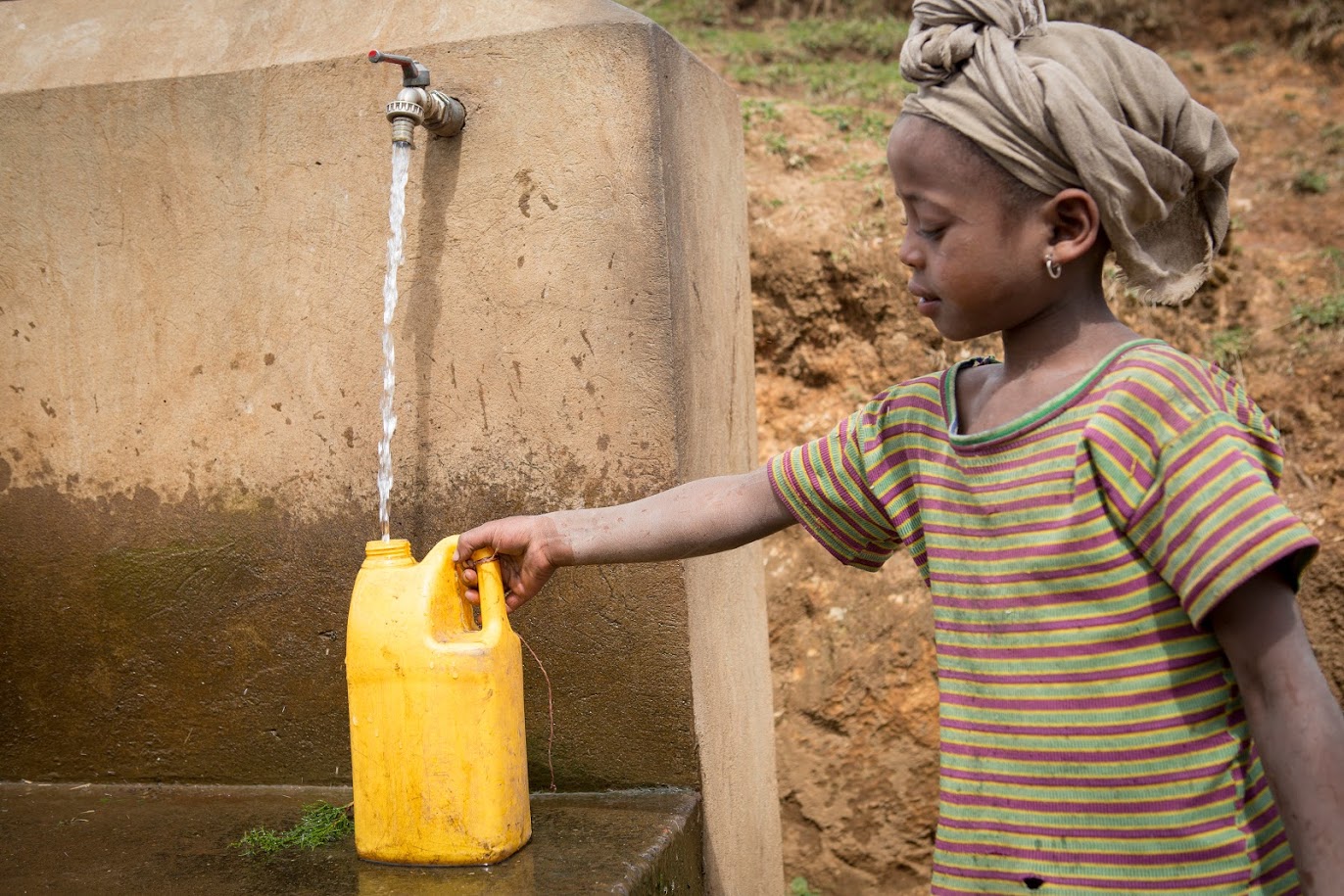
Water System Construction
By constructing and repairing community water systems, WEEMA makes clean water easily accessible for families who no longer need to walk long distances to meet daily water needs.
Community Water Management
To ensure the long-term sustainability of water systems, WEEMA works to strengthen the capacity of local water committees and federations.
Sanitation & Hygiene
In addition to building latrines and other infrastructure, WEEMA provides community training to promote hygiene, sanitation, and health.
Enhance Education
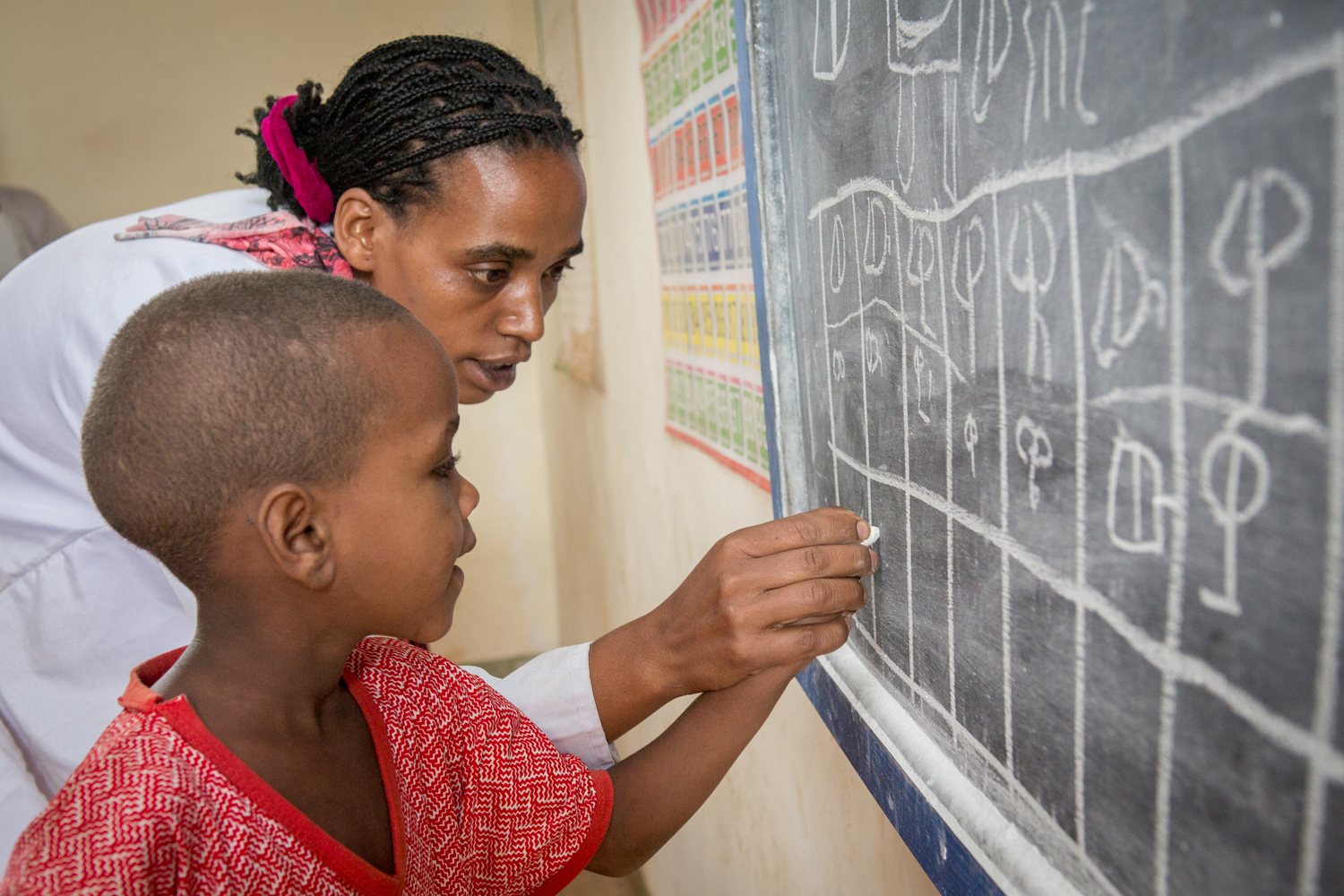
Pre-Primary School
WEEMA seeks to increase access to pre-primary education by constructing preschools and equipping them with proper resources.
Inclusive Education
WEEMA partners with local leaders to shift mindsets and encourage families to enroll children with disabilities in school, and equips schools and teachers to help these children learn.
Menstrual Hygiene
WEEMA supports girls’ education by providing education to destigmatize menstruation and distributing sanitary pads so girls can attend school while menstruating.
Public Libraries
WEEMA invests in lifelong learning by building public libraries. These libraries include resource books, open study spaces, children’s reading rooms, and computer centers with internet access.
School Eyeglasses
WEEMA identifies students and teachers with visual impairment and provides them with eyeglasses to make sure they can perform well in school.
High School Support
WEEMA strengthens high schools with improved libraries, science labs, computer centers, and teacher training.
Early Grade Reading
WEEMA promotes the love of reading through the construction of dedicated reading rooms at schools furnished with mother tongue language children’s books.
Empower Women and Marginalized People
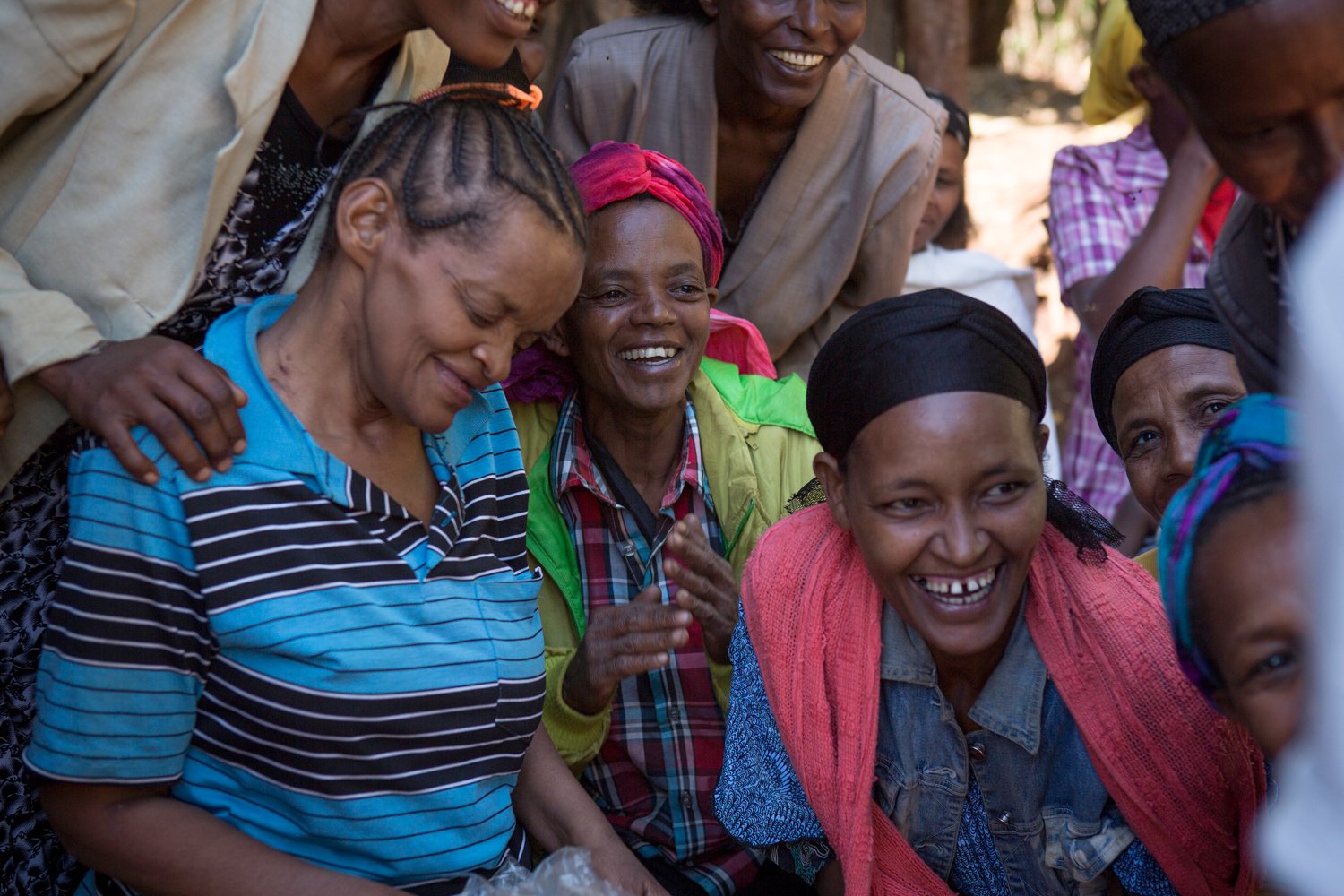
Women’s Self Help Groups
WEEMA helps establish and train Women’s Self-Help Groups focused on savings, business entrepreneurship and mutual empowerment.
Potters Empowerment
WEEMA works hand in hand with potters, a marginalized community in Ethiopia, to increase their economic status and social participation.
Persons Living with Disabilities
WEEMA allies with people with disabilities by helping them form associations that grant them political representation and increased economic opportunities, while working alongside local communities to promote greater acceptance and inclusion.
Strengthen Health Systems
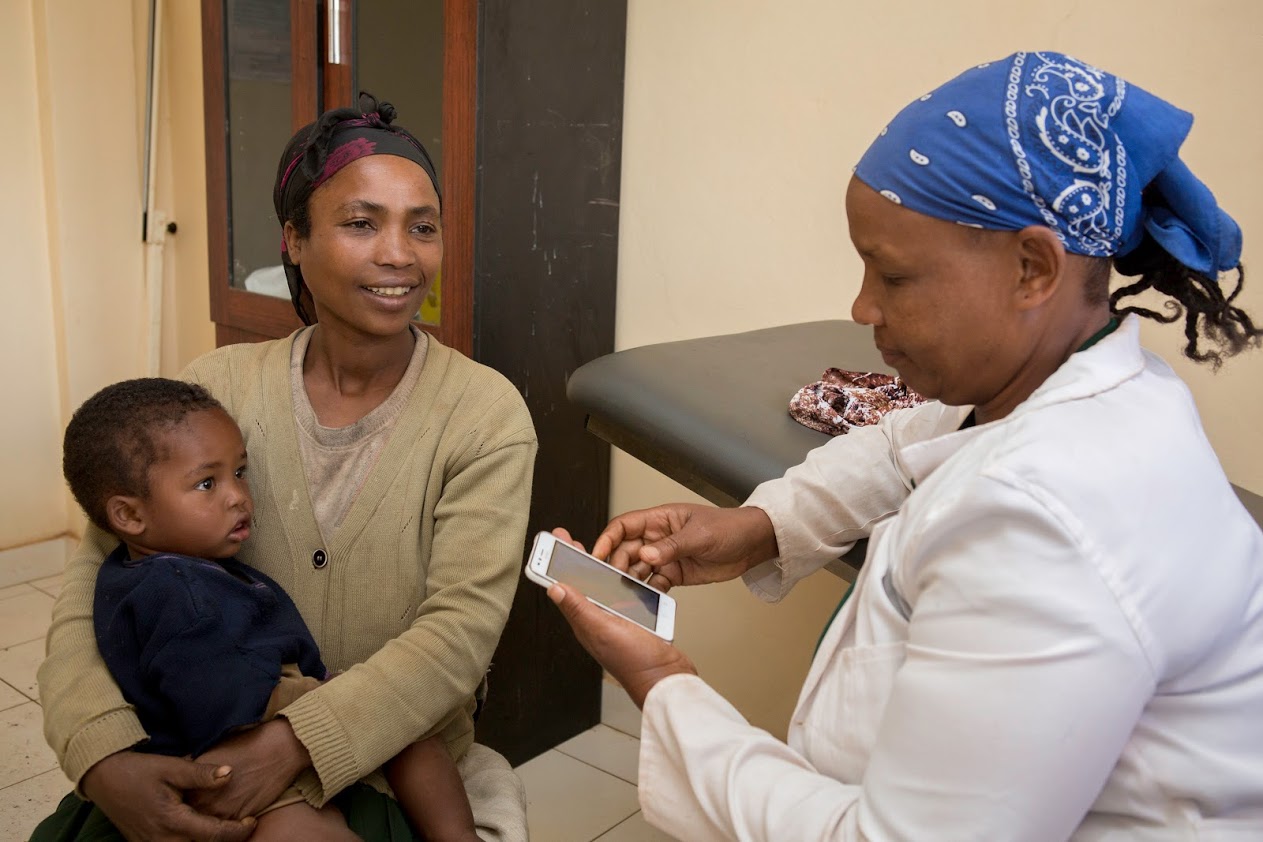
Community Maternal and Newborn Health
WEEMA improves maternal and newborn health through multi-faceted, community based interventions.
Treatment of Uterine Prolapse and Fistula
WEEMA identifies women in the community living with pelvic organ prolapse and transports these women to Hamlin Fistula Hospital- Yirgalem for free surgical treatment.
Digital Transformation of Primary Care
WEEMA equips frontline health workers with mobile digital tools to help them provide more effective healthcare.
Cataracts
WEEMA partners with the Himalayan Cataract Project to hold high volume surgical campaigns to cure blindness due to cataract.
Inpatient Child Malnutrition Support
WEEMA supports malnutrition stabilization centers, ensuring they are always fully stocked with the resources they need to treat children with severe malnutrition.
Achieve Food Security
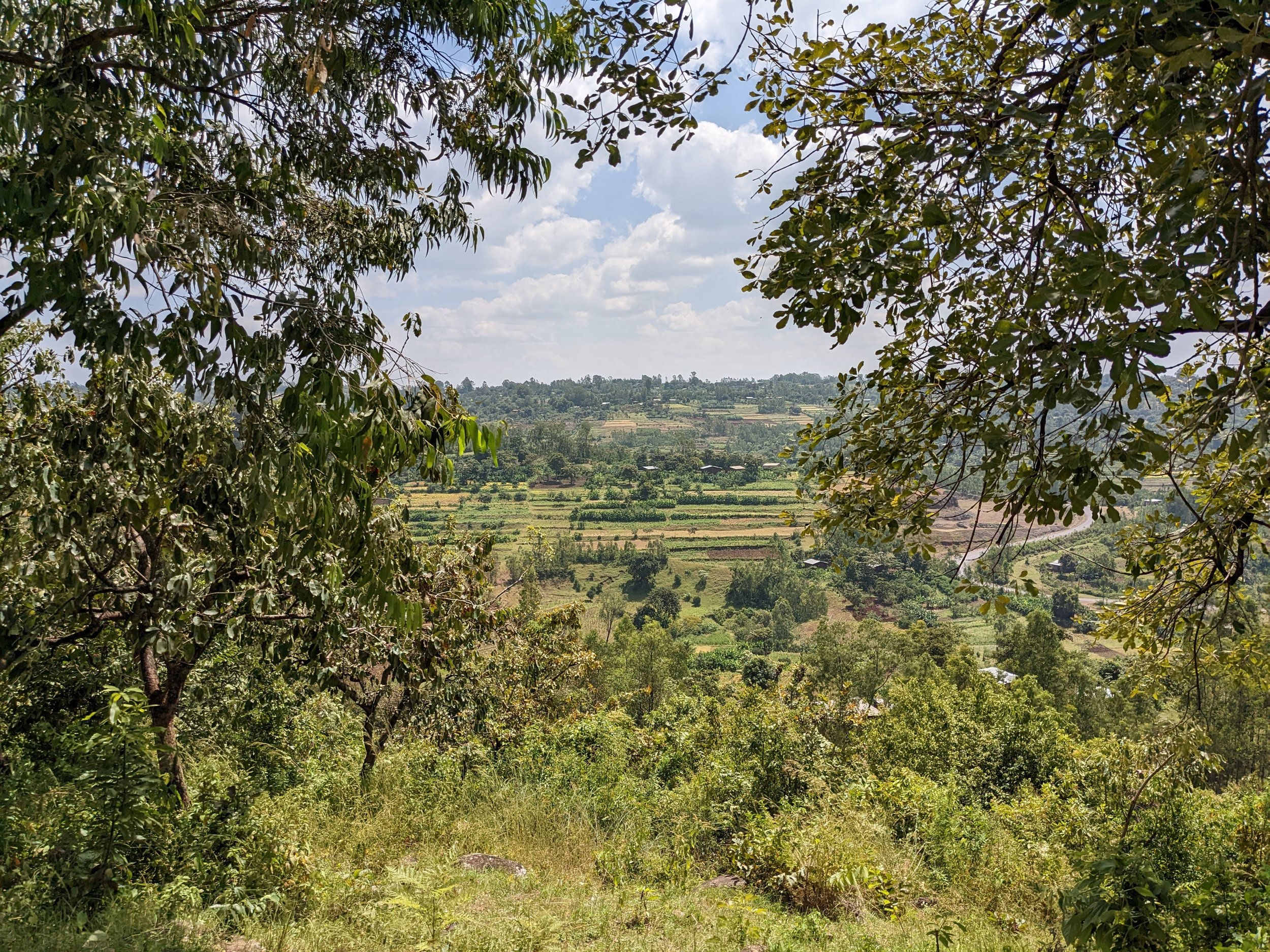
Farmer Support
Beekeeping
WEEMA trains small-holder farmers on advanced agriculture techniques and distributes modern crop varieties to increase production and build climate resilience.
Through training, funding, and other forms of support, WEEMA is helping beekeepers to modernize their enterprises and form and operate beekeeping cooperatives.
Cross-Cutting Issues
Gender
WEEMA supports women and girls as agents of change. In addition to specific programs focused on women such as Self Help Groups and Maternal and Child Health, we also apply a gender lens across all of our work in order to elevate women’s voices and leadership. As described in “Deliver for Good” published by the Lancet and Women Deliver, “Girls and women are the drivers of sustainable development and powerful agents of change. Evidence from around the world confirms that investing in girls and women creates a ripple effect that yields multiple benefits, not only for individual women, but for families, communities, and countries.” WEEMA promotes gender equity.
Inclusion
Inclusion is the cornerstone of WEEMA’s work. To reach everyone, we prioritize educational, economic, and leadership opportunities for marginalized people, with a focus on adults and children living with disabilities. As members of EDDI (Excellence in Development and Disability Inclusion), we apply this inclusion lens across our programs, staffing, and decision-making. Currently, we also have specific programs targeting people with disabilities under Education and Economic Opportunity. Children with disabilities face challenges in obtaining an education including social prejudice, absence of inclusive schools, absence of teachers trained in special needs education and limited access to assistive devices including technology. These factors coupled with budget limitations prevent children with disabilities from attending school in their early life. WEEMA recognizes that educating all children leads to them realizing their full potential.
Climate
Ethiopia remains one of the most vulnerable countries to climate change. WEEMA addresses climate and the environment by supporting environmentally-responsible social enterprises such as beekeeping and clean cookstoves, responding to droughts through agricultural inputs, and protecting local watersheds. The International Fund for Agricultural Development reports, “Smallholder farmers and poor rural people bear the brunt of climate change and the degradation of natural resources. Extreme weather events, such as droughts, storms and floods, are putting pressure on the ecosystems that farmers depend on, as are gradual processes such as rising sea levels and melting glaciers. Crop failures and livestock deaths are causing economic losses and undermining the food security of rural people with ever-greater frequency, especially in parts of sub-Saharan Africa. At the same time, the rapidly growing global population demands higher levels of food production. To meet the world’s growing needs, agricultural production must double by 2050, food waste must be reduced and value chains have to become sustainable and efficient.” WEEMA recognizes the impact of climate change on rural farmers.

